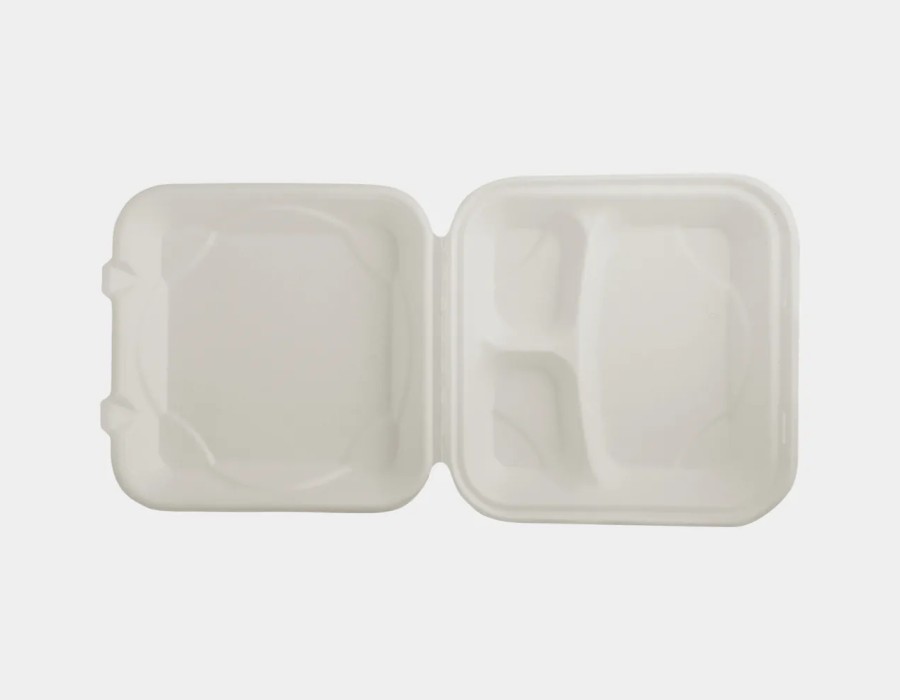The concept of a circular economy transforms industries by promoting sustainability and minimizing waste. Biodegradable food container manufacturers play a pivotal role in this shift, creating products that contribute to a more sustainable future. Let’s explore how these manufacturers support a circular economy.
Designing Products with End-of-Life in Mind
Biodegradable food containers are crafted from bagasse, cornstarch, and polylactic acid (PLA), which naturally decompose into non-toxic substances. By designing products that break down easily after use, manufacturers help reduce waste in landfills and create materials that can enrich the soil when composted.
Using Renewable and Recycled Materials
A circular economy thrives on the use of renewable and recycled inputs. Biodegradable food container manufacturers increasingly rely on agricultural byproducts, such as sugarcane pulp, or post-consumer recycled materials. This approach reduces reliance on virgin resources and lowers the environmental impact of production.
Supporting Composting Infrastructure
Composting is a cornerstone of the circular economy for biodegradable products. Manufacturers collaborate with local governments and waste management organizations to promote composting facilities. They also ensure their products meet industrial composting standards, making it easier for consumers and businesses to dispose of used containers sustainably.
Encouraging Closed-Loop Systems
Biodegradable food container manufacturers advocate for closed-loop systems, where materials are continuously reused and recycled. For instance, food waste and used containers can be composted to produce nutrient-rich compost, supporting agricultural growth, and creating a continuous cycle of sustainability.
Educating Consumers and Businesses
Consumer awareness is crucial for the success of a circular economy. Manufacturers take an active role in educating end-users about proper disposal methods for biodegradable containers. This includes clear labeling, online resources, and collaboration with businesses to ensure sustainable practices are followed.
Reducing Carbon Footprints
By minimizing energy use and adopting eco-friendly manufacturing processes, biodegradable food container manufacturers contribute to the circular economy’s goal of reducing carbon emissions. Many manufacturers invest in renewable energy sources or adopt energy-efficient practices to further align with sustainability objectives.
Driving Policy Changes and Innovation
Manufacturers in this sector often work with policymakers to advocate for regulations that support biodegradable products. They also invest heavily in research and development to enhance the functionality and efficiency of their containers, ensuring they remain competitive while staying environmentally responsible.
Conclusion
Biodegradable food container manufacturers are critical drivers of the circular economy. By focusing on renewable materials, closed-loop systems, and consumer education, they contribute to a sustainable model that reduces waste and conserves resources. Businesses and individuals can join this movement by choosing biodegradable packaging, reinforcing the collective effort to protect our planet.





Comments